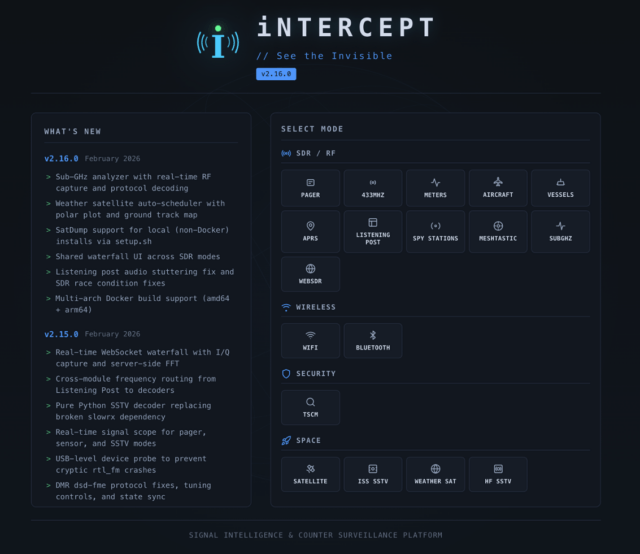A zero-day remote code execution (RCE) vulnerability has been identified in the Spring framework. VMware Spring is a open-source Java toolkit for building powerful Java apps, including cloud-based apps. Part of the Spring ecosystem is a set of components called Spring Cloud by which you can hook Spring code straight into well-known cloud services.
Description
The unpatched flaw impacts Spring Core on Java Development Kit (JDK) versions 9 and later and has been identified as a potential bypass for another vulnerability tracked as CVE-2010-1622, enabling an unauthenticated attacker to execute arbitrary code on the target system.
Proof-of-concept (PoC) code is already readily available on the internet showing how to inject unauthorised Java code into inbound Spring Cloud Function requests, and how to use that code to run an unwanted program.
Who is Affected?
At this time it’s unclear which real-world applications use the vulnerable functionality, Configuration and JRE version may also be significant factors in exploitability and the likelihood of widespread exploitation. However the following products have been identified as being affected so far:
Spring Framework
-
5.3.0 to 5.3.17
-
5.2.0 to 5.2.19
Older, unsupported versions are also affected.
Mitigation
Users of affected versions should apply the following:
-
5.3.x users should upgrade to 5.3.18+
-
5.2.x users should upgrade to 5.2.20+
If you are NOT able to upgrade to the above frameworks, then the following general workaround has been released.
Reports recommend setting disallowedFieldson WebDataBinder through an @ControllerAdvice:
@ControllerAdvice
@Order(Ordered.LOWEST_PRECEDENCE)
public class BinderControllerAdvice {
@InitBinder
public void setAllowedFields(WebDataBinder dataBinder) {
String[] denylist = new String[]{"class.*", "Class.*", "*.class.*", "*.Class.*"};
dataBinder.setDisallowedFields(denylist);
}
}
Additional workarounds are published in the ‘spring-framework-rce-early-announcement’ blog referenced below.
References
-
https://spring.io/blog/2022/03/31/spring-framework-rce-early-announcement
-
https://spring.io/blog/2022/03/29/cve-report-published-for-spring-cloud-function
-
https://jfrog.com/blog/springshell-zero-day-vulnerability-all-you-need-to-know/

Claude Jailbroken To Attack Mexican Government Agencies
A threat actor jailbroke Claude to orchestrate a month-long attack on Mexican government networks, stealing 150 GB of sensitive data. We analyze what really happened and…

Jayson E Street Joins CovertSwarm
The man who accidentally robbed the wrong bank in Beirut is now part of the Swarm. Jayson E Street joins as Swarm Fellow to help us…

iNTERCEPT – How A Small RF Experiment Turned Into A Community SIGINT Platform
I’ve always been fascinated by RF. There’s something about the fact that it’s invisible, the fact that you might be able to hear aircraft passing overhead…